Need help ?Address: 16 Boulevard Charles Nedelec,
Marseille, 13001 Email: info@acacuss.com Phone: (33) 782 552124
Marseille, 13001 Email: info@acacuss.com Phone: (33) 782 552124
📣 10 % Rabatt auf die erste Bestellung: WLKM10 🎁 Zum Sammeln klicken
✈️ Kostenloser weltweiter Versand 🌎
📦 30 Tage einfache Rückgabe ↩️
E-Mail: Info@acacuss.com
Telefon ✆:(+33) 782 552124
Verwaltet von: Xceed OÜ
16 Boulevard Charles Nedelec 13001 Marseille 🇫🇷
Besuchen Sie unseren Blog
Melden Sie sich an, um erste Informationen über Neuankömmlinge, Sonderangebote, exklusive Inhalte, Veranstaltungen und mehr zu erhalten!
Kostenloser Versand für alle Bestellungen im Wert von €171,59 EUR
Sie können sich alle verfügbaren Produkte ansehen und einige im Shop kaufen
Zurück zum Shop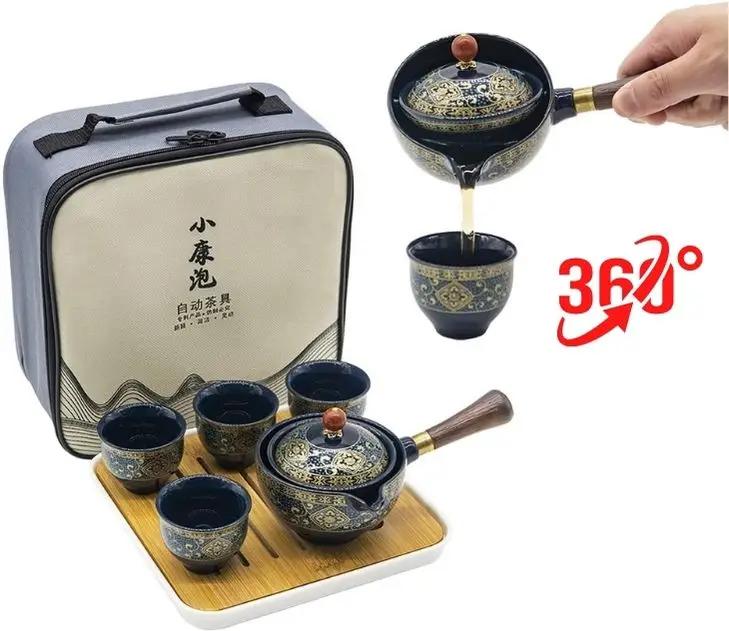 Bestseller
Bestseller
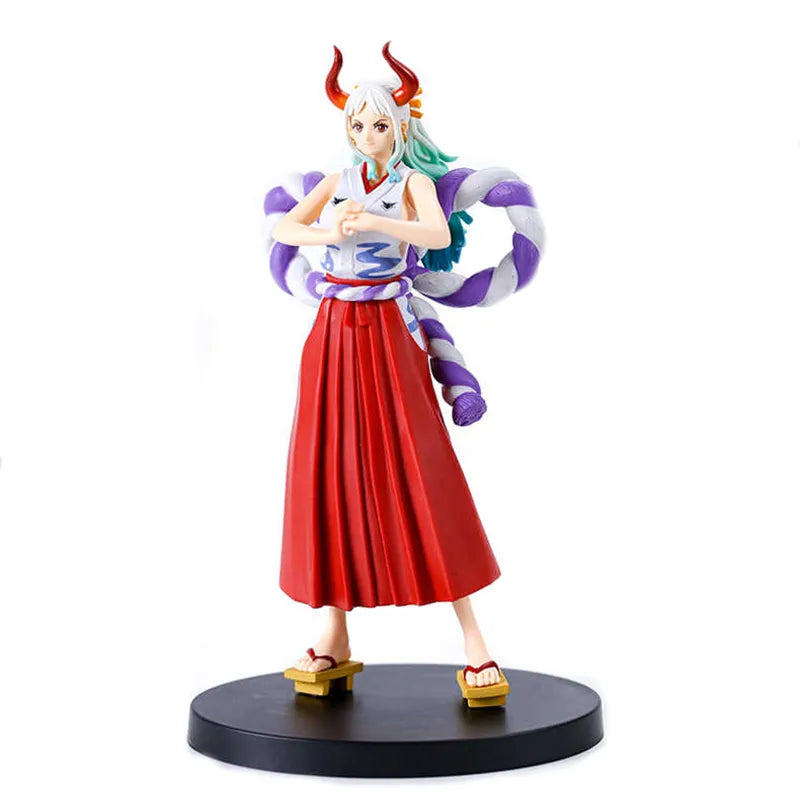 Figuren
Figuren
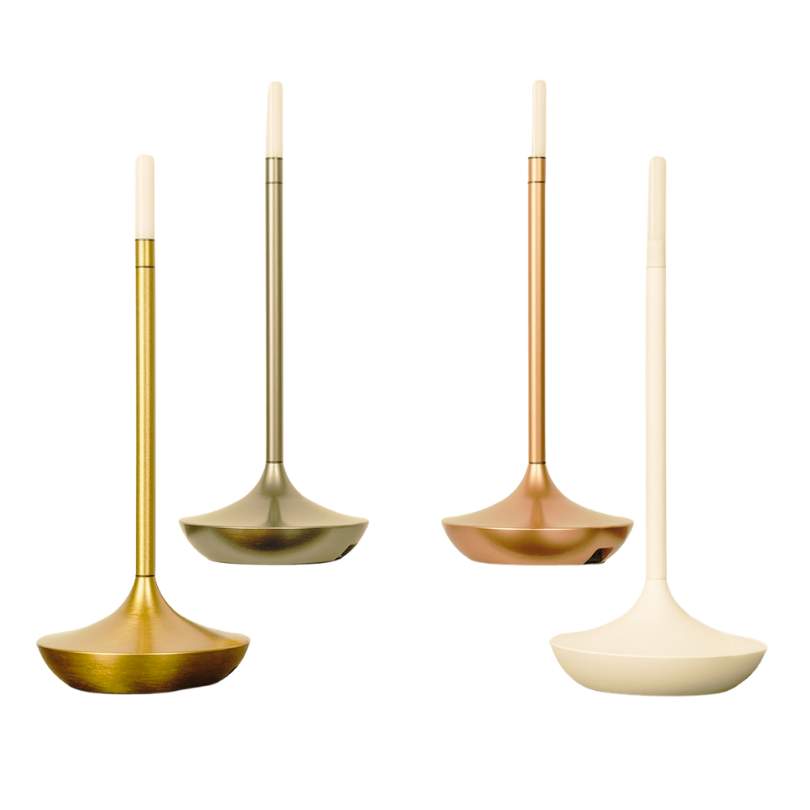 Tischlampen
Tischlampen
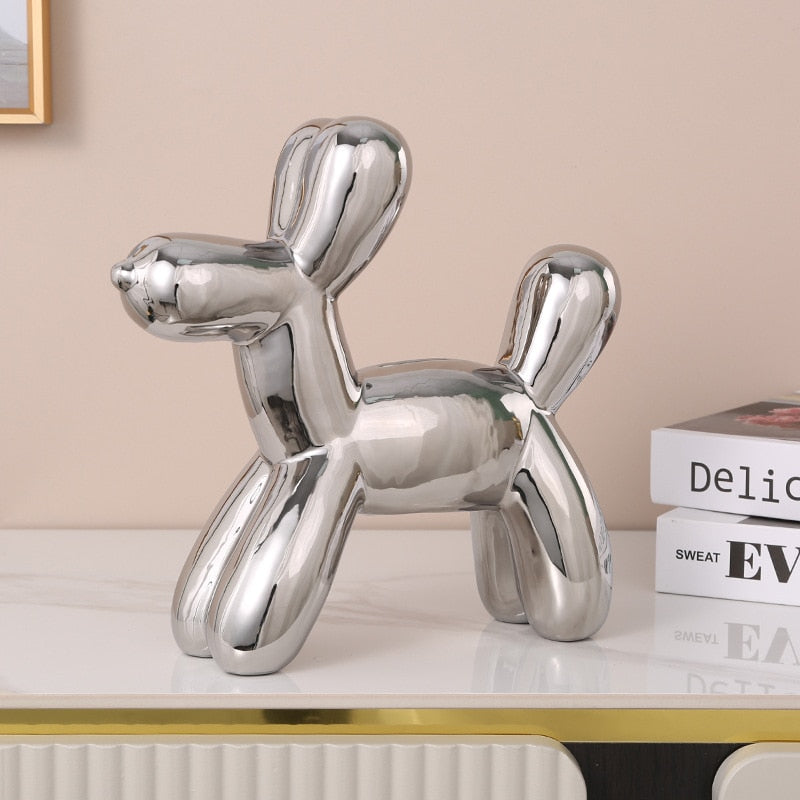 Wohnkultur
Wohnkultur
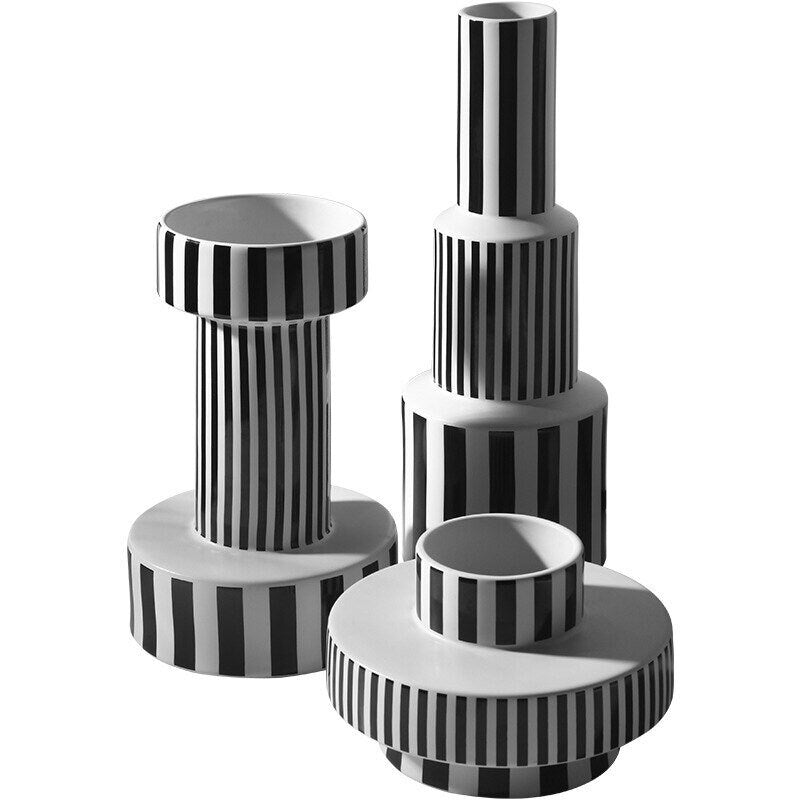 Keramik Vasen
Keramik Vasen
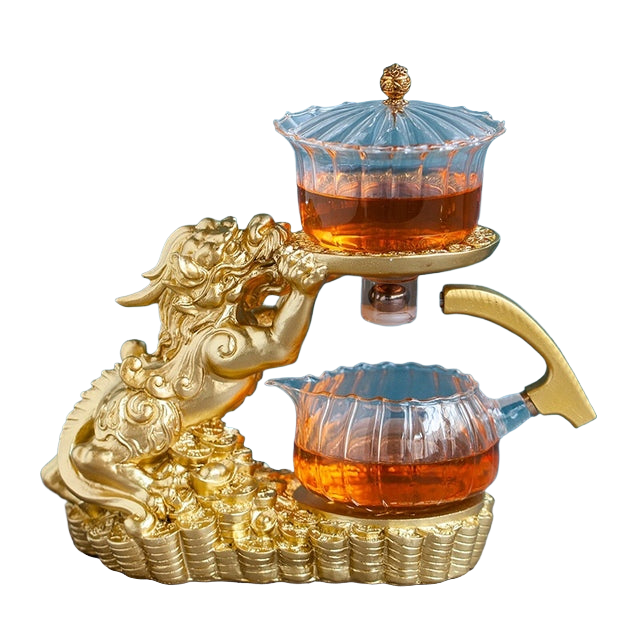 Gongfu-Teeset
Gongfu-Teeset
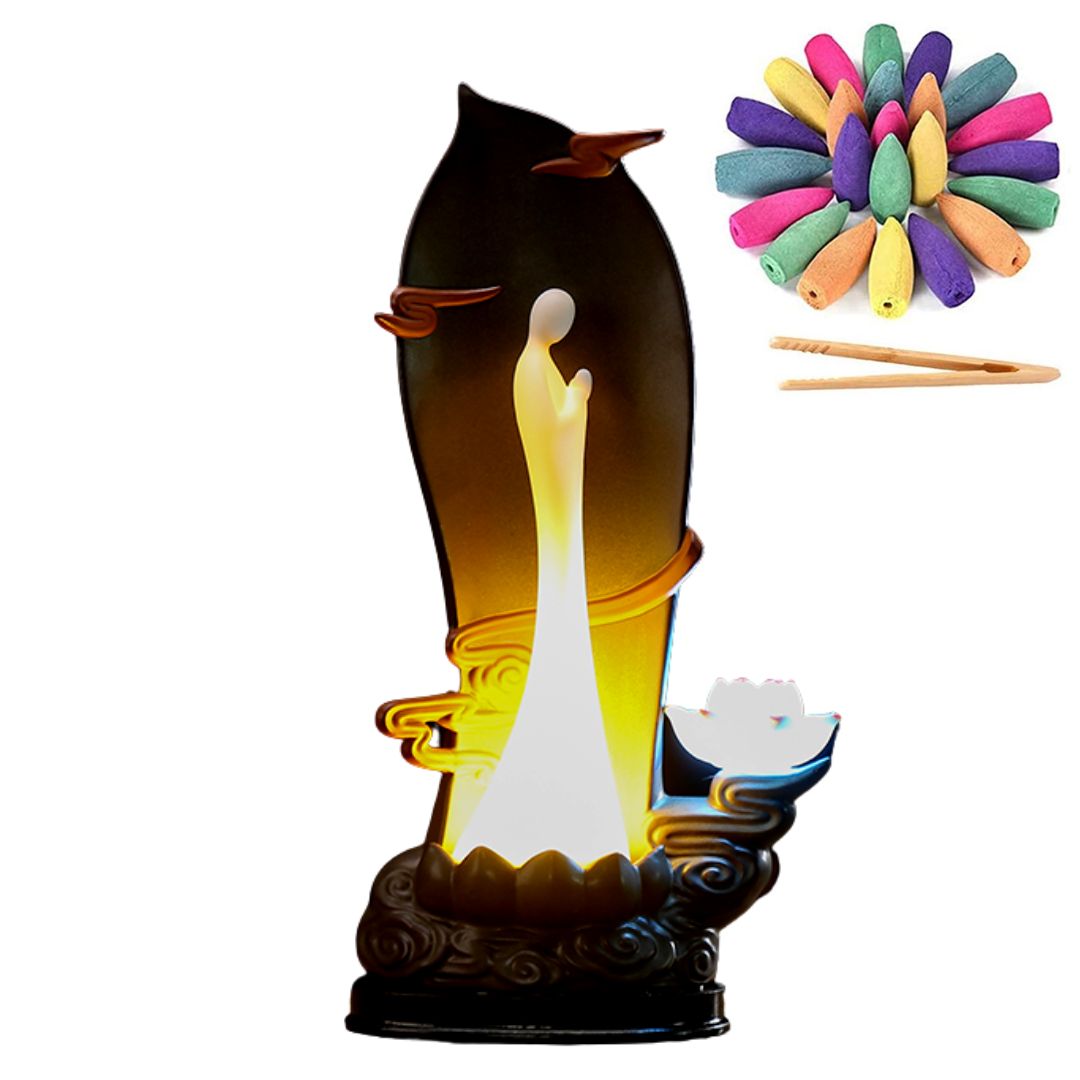 Räuchergefäße
Räuchergefäße
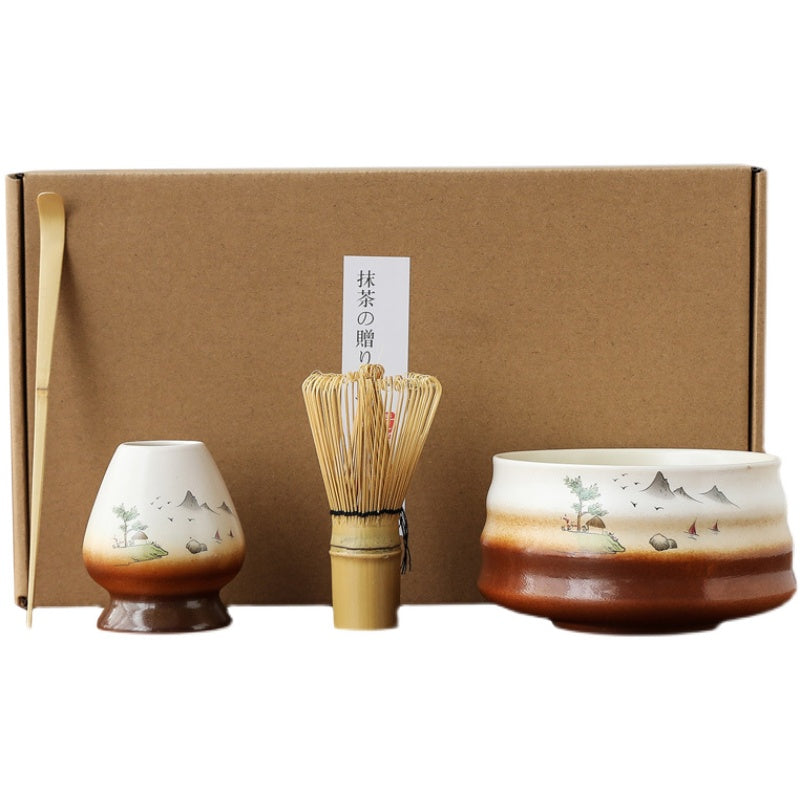 Matcha-Set
Matcha-Set
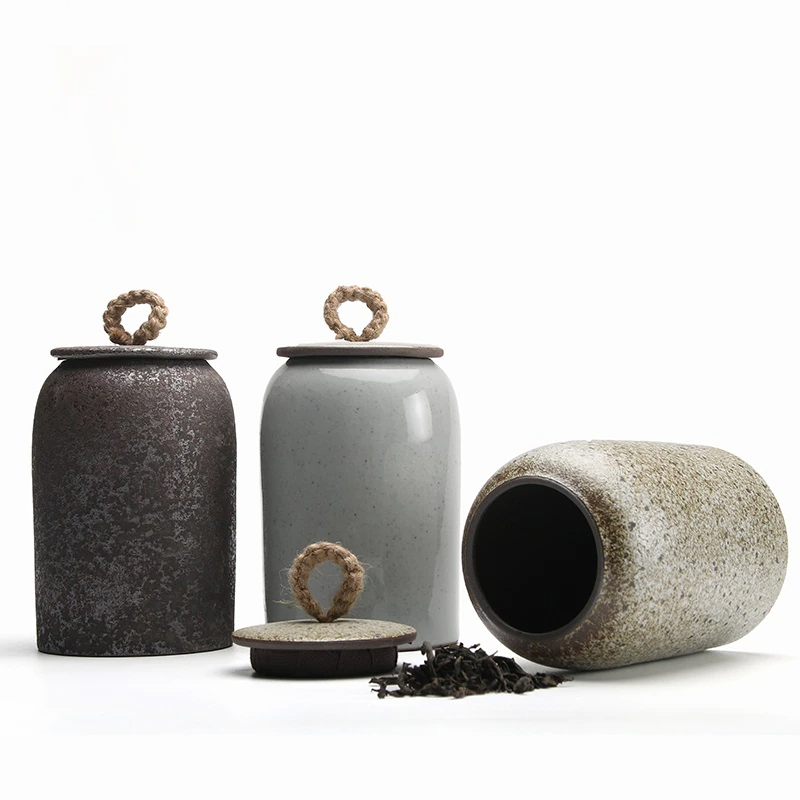 Kanister und Behälter für Tee, Kaffee, Zucker
Kanister und Behälter für Tee, Kaffee, Zucker
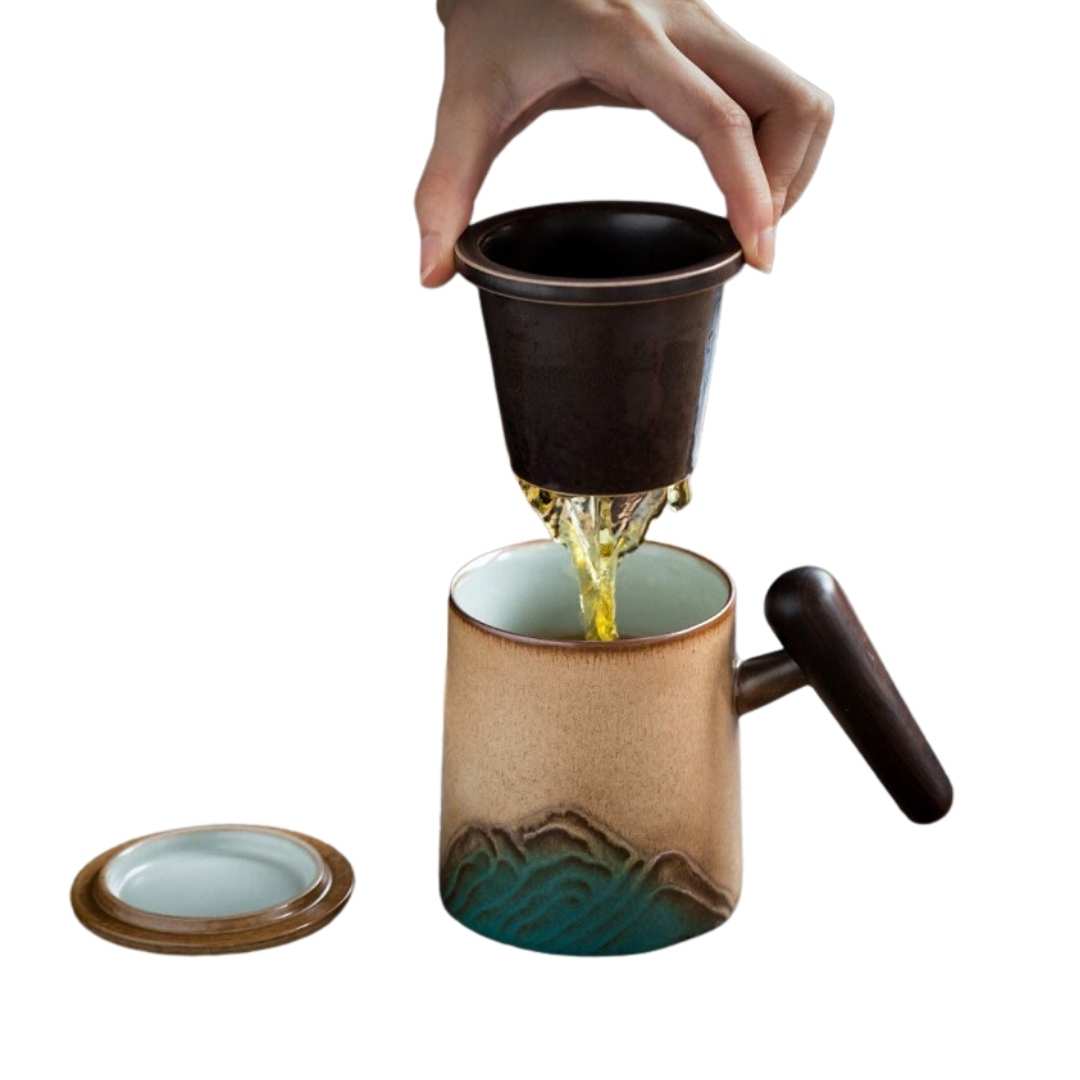 Teetasse
Teetasse
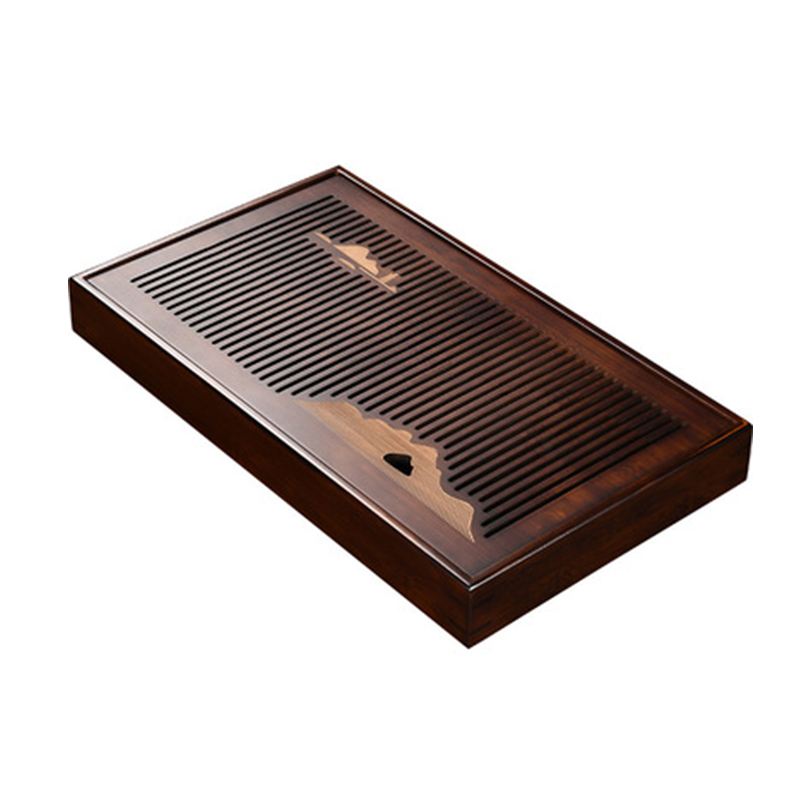 Tee-Tablett
Tee-Tablett
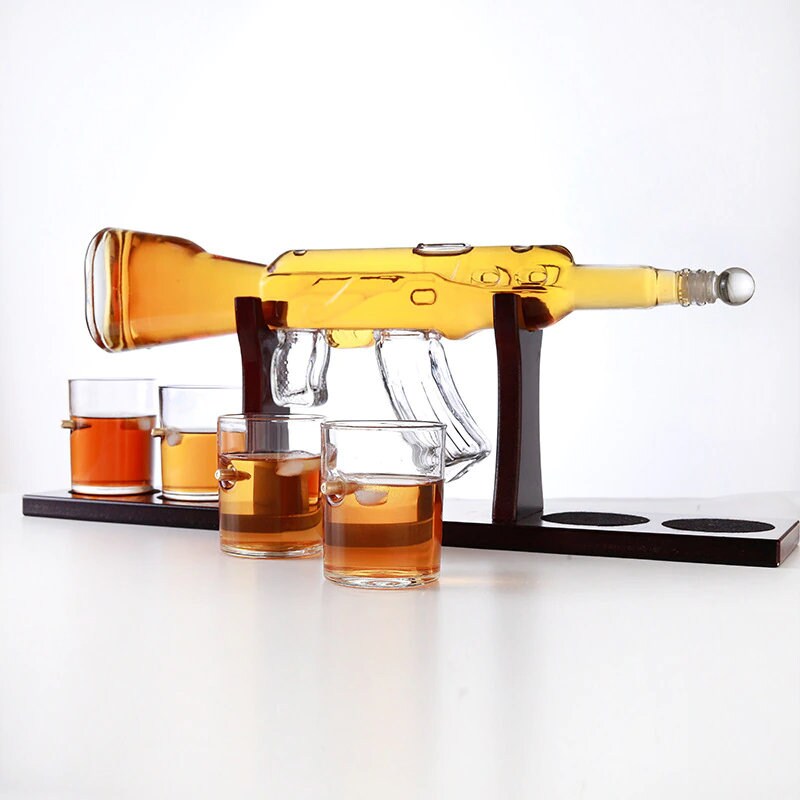 Whisky Karaffe
Whisky Karaffe
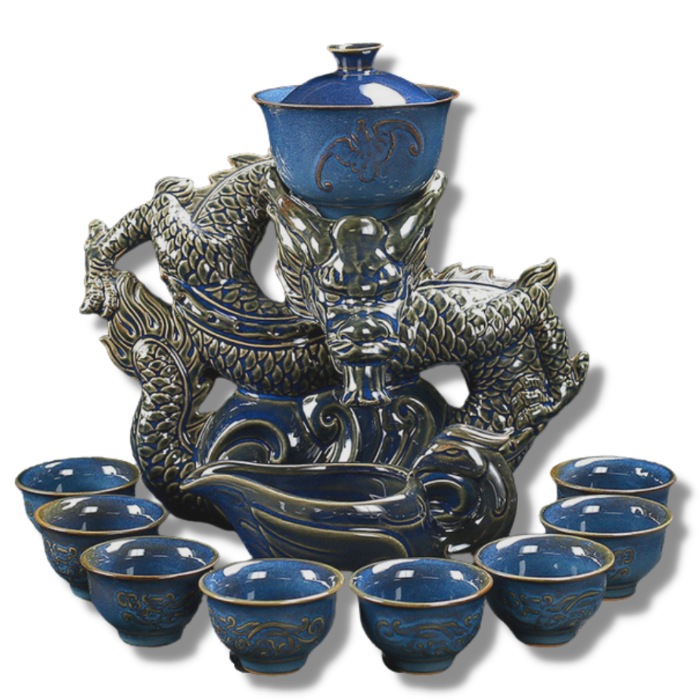 Chinesisches Teeservice
Chinesisches Teeservice
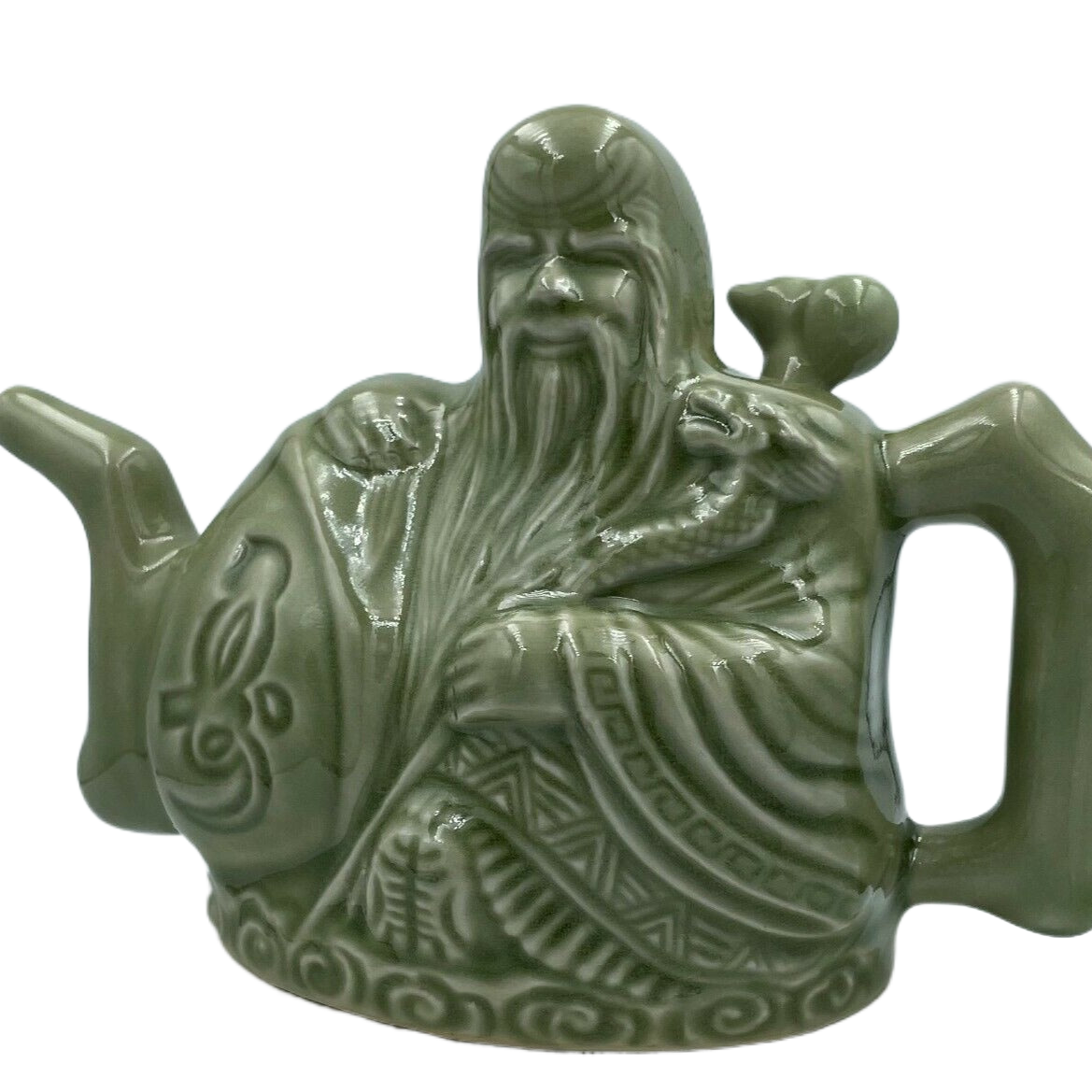 Chinesische Teekannen
Chinesische Teekannen
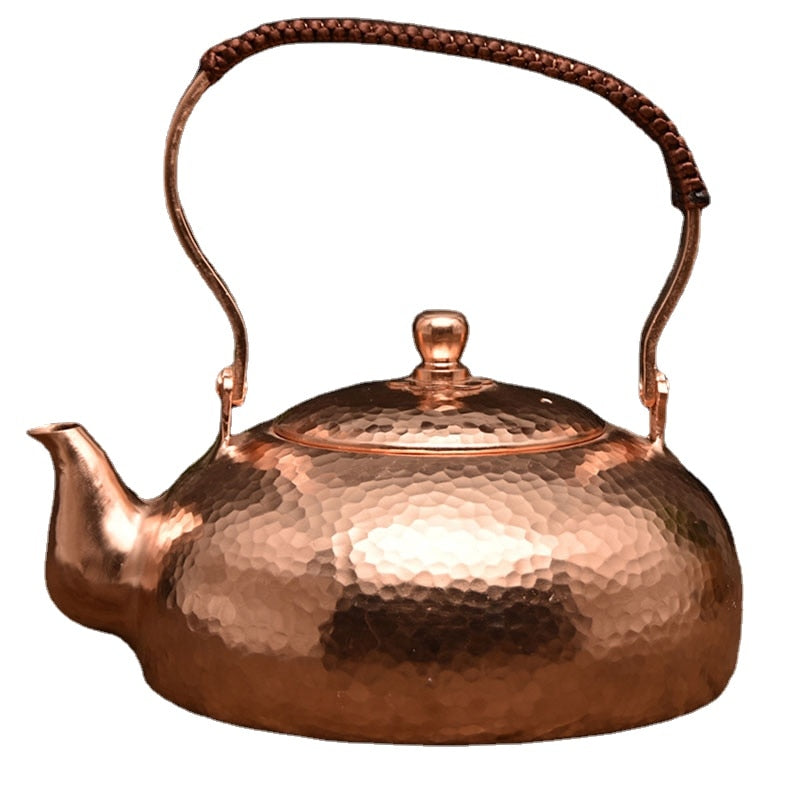 Teekessel aus Kupfer
Teekessel aus Kupfer
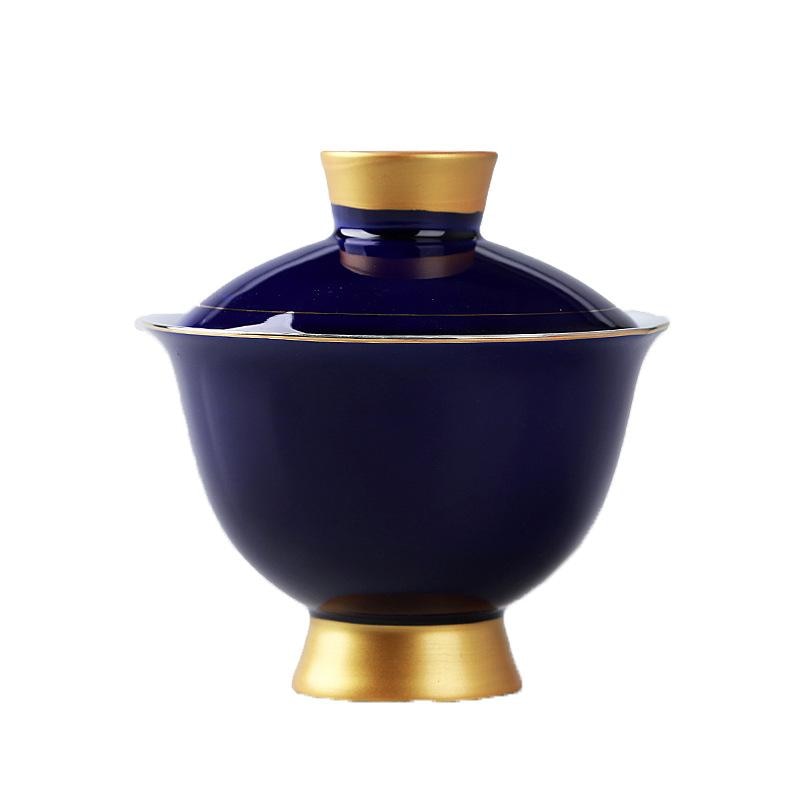 G Liebesspiel
G Liebesspiel
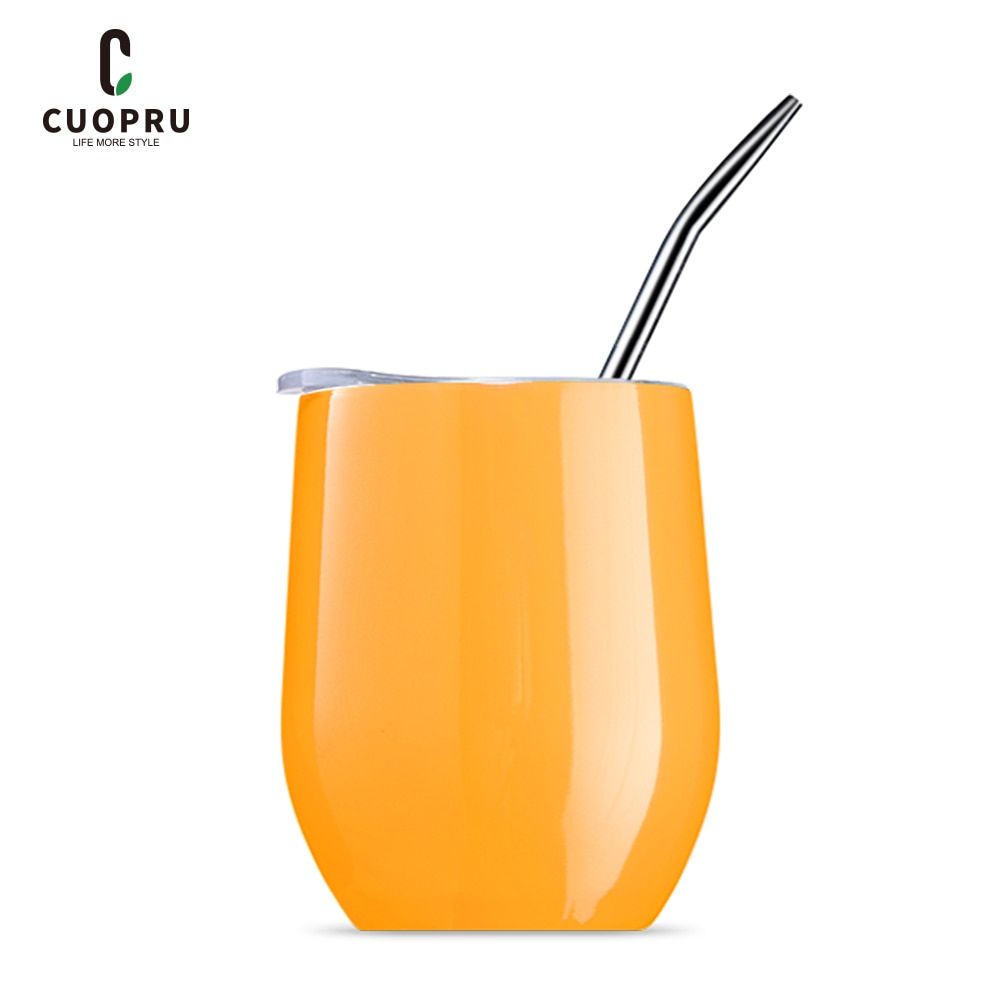 Mate Tee Becher
Mate Tee Becher
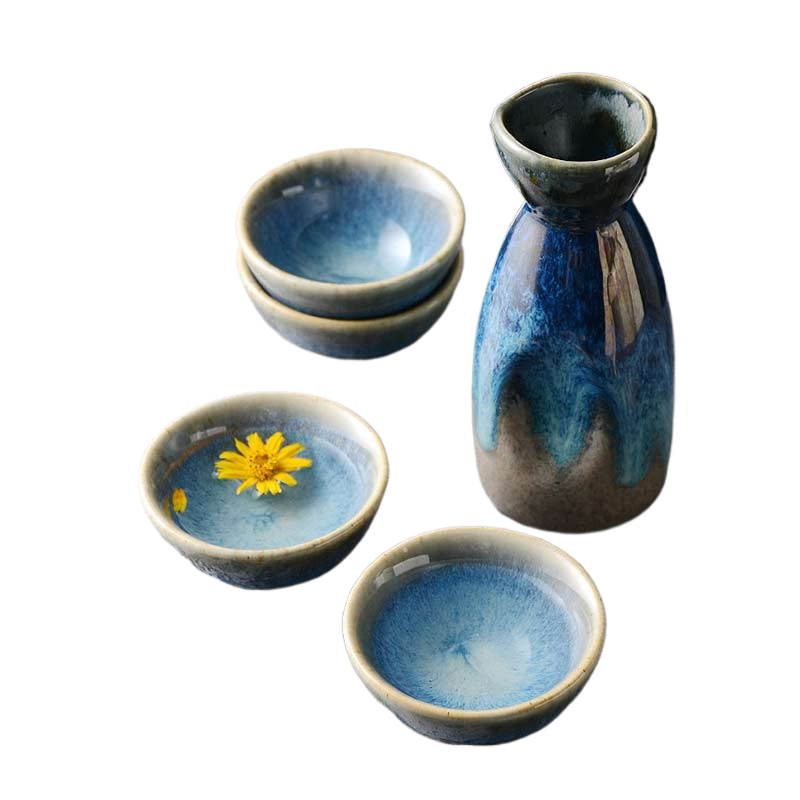 Sake-Set
Sake-Set
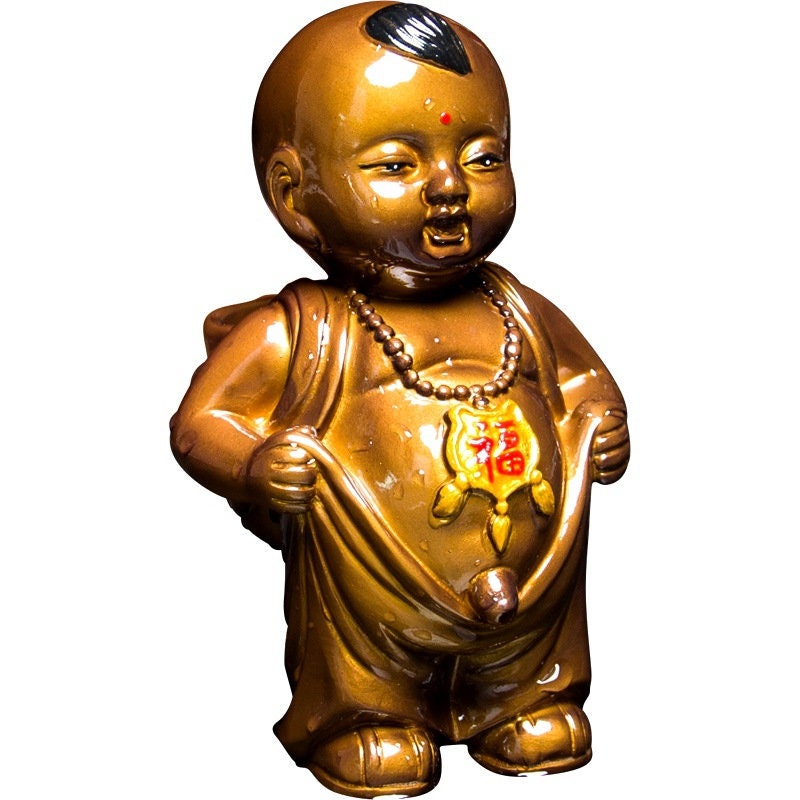 Tee-Haustiere
Tee-Haustiere
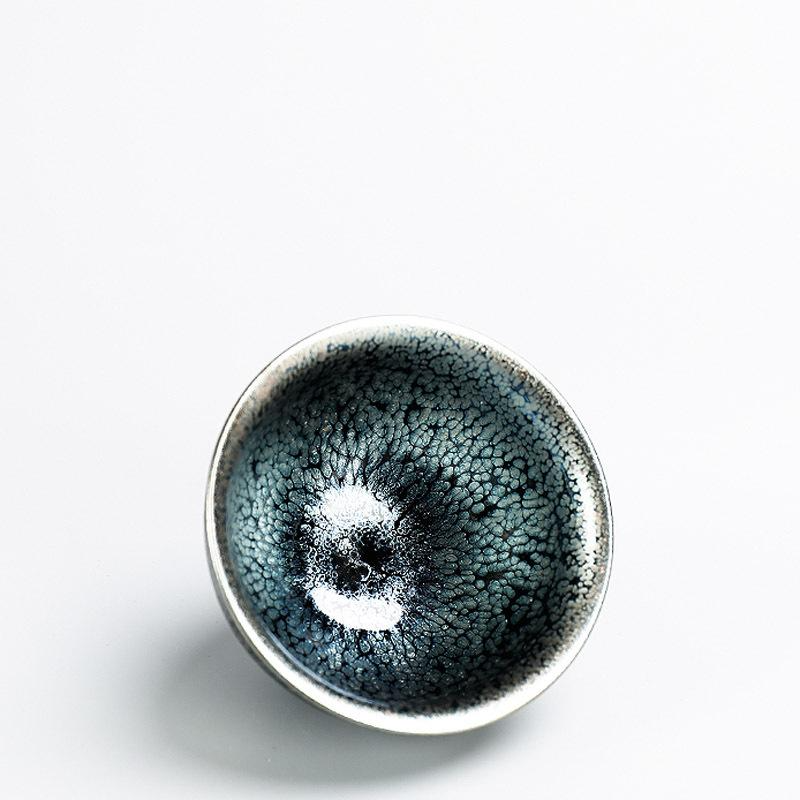 Himmel
Himmel
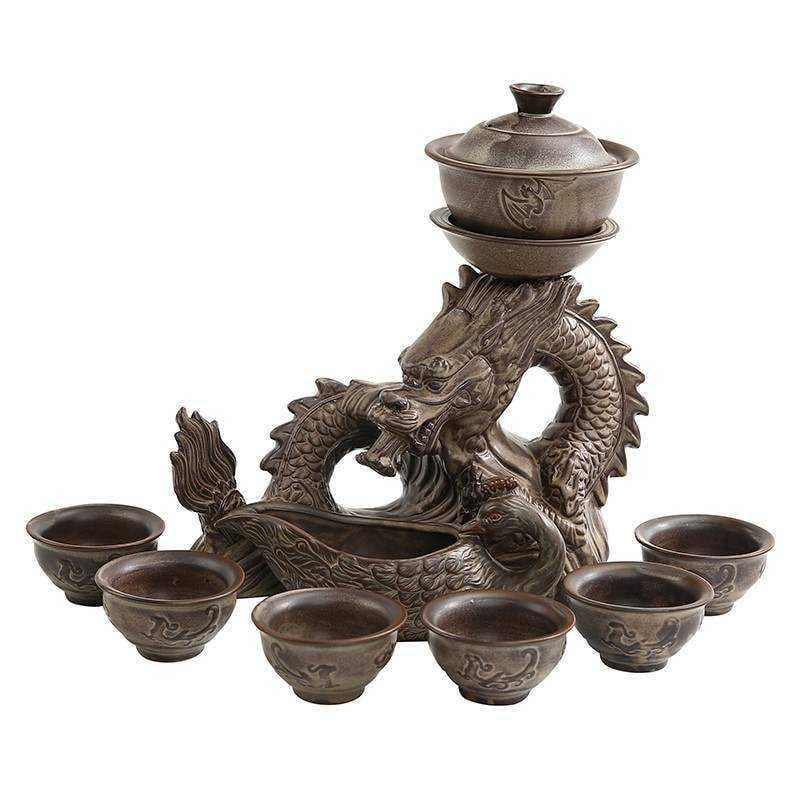 Einzigartige Teesets für Erwachsene
Einzigartige Teesets für Erwachsene
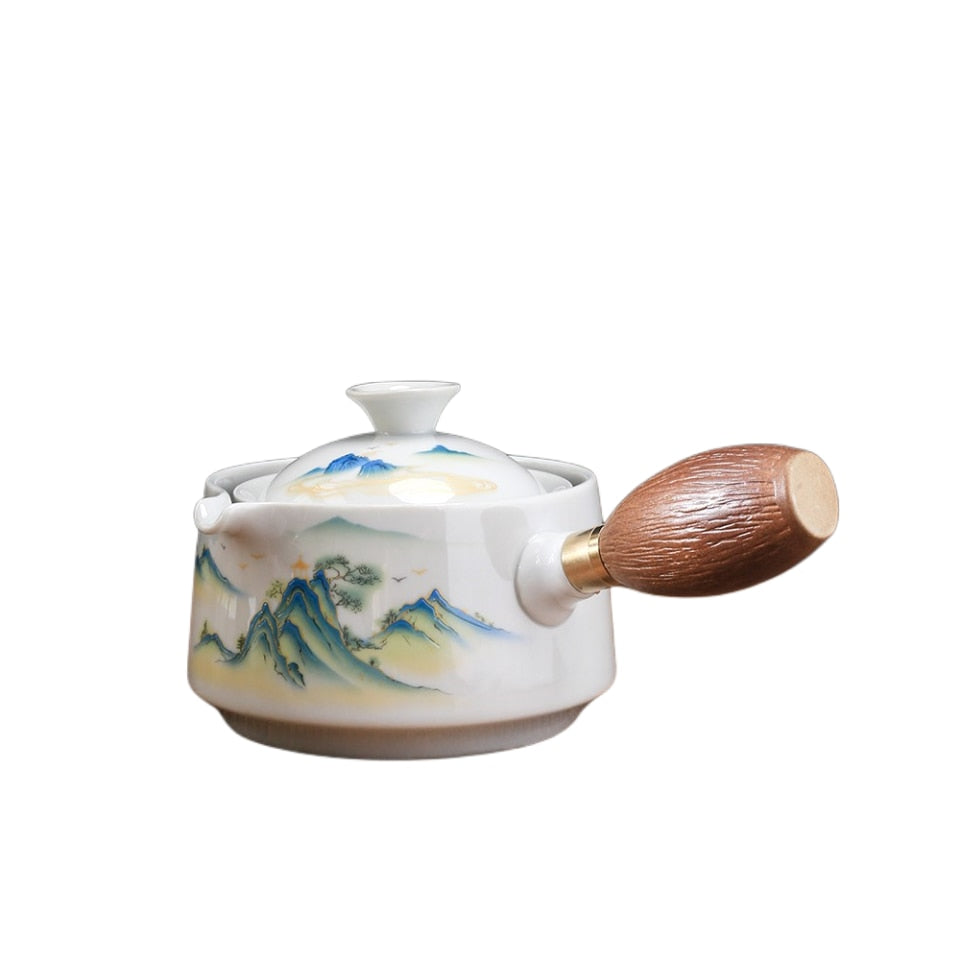 Yixing-Teekanne
Yixing-Teekanne
